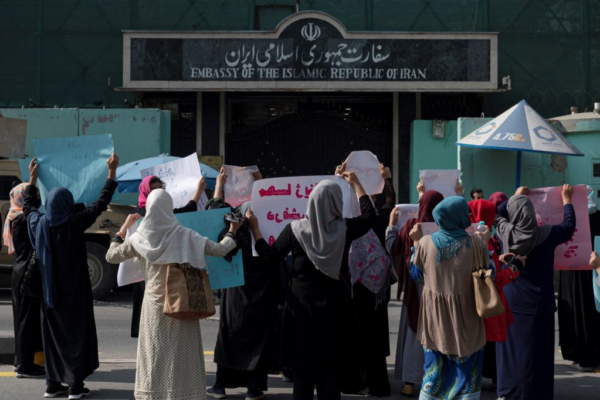Nigerian Students in UK Struggle as Currency Depreciation Skyrockets Tuition Fees
Numerous Nigerian students studying in the United Kingdom are currently grappling with financial difficulties after the value of the naira plummeted by more than 60 percent, following the recent decision by the Central Bank of Nigeria (CBN) to unify the country’s foreign exchange rates.Approximately two weeks after President Bola Tinubu pledged to unify Nigeria’s multiple exchange rates, the apex bank chose to float the naira at the Investors and Exporters’ Window of the foreign exchange market. As a result, the naira has weakened from N471 per dollar to N750 per dollar and from N589.4 per pound to N957.2 per pound.Consequently, tuition fees for Nigerian students in the UK have surged by around 60 percent. This increase in the exchange rate has placed a significant burden on Nigerian individuals pursuing education in the UK and beyond.The United Kingdom has been a preferred destination for numerous Nigerian students, with 128,770 Nigerian students enrolling in UK universities between 2015 and 2022, as per data from the UK’s Higher Education Statistics Agency. The CBN reported that study-related foreign exchange outflow to the UK reached $2.5 billion in 2022. Furthermore, Nigerian students and their dependents contribute approximately £1.9 billion annually to the UK economy, according to an analysis by SBM Intelligence.Due to the sharp depreciation of the naira, many of these students are now struggling to cover the remaining balance of their tuition fees.Currently, UK universities are on break, but many students have voiced their concerns regarding the fee hike. Adejoro Deborah, a Nigerian student residing in Manchester, expressed her distress, stating, “This policy is affecting those of us here and even intending students. My sibling has had to forfeit her admission because of this policy.”Another Nigerian student studying in Leeds highlighted a major challenge faced by students: keeping their tuition fees in their naira accounts at the previous exchange rate. This student explained, “Now they have to start looking for more money because the rate has gone up. If the official rate is not different from the street rate, so what’s the essence of waiting for several weeks for your bank when you can just get it from a third-party platform? It has only put more pressure on the students to look for more money.”The dire situation has left some students stranded, with access to their university portals withdrawn due to unpaid tuition fees. One student at Liverpool John Moores University shared his frustration, as his access to the university’s platform was revoked, preventing him from checking his exam results, attending classes, or accessing his official email.Similar accounts of financial hardships have emerged from other Nigerian students studying in various UK universities, prompting them to reconsider their educational plans and face the possibility of dropping out.The new exchange rate reality has also caused concern among intending Nigerian students who were planning to pursue education in the UK. Proof of Funds (PoF), a crucial requirement in the visa application process, has become problematic due to the increased cost of foreign exchange. PoF demonstrates to the UK government that a student can financially support themselves while studying. The rates for PoF now depend on the exchange rate at the time of visa application, which has significantly increased the financial burden on aspiring students.The current situation has prompted calls for intervention from the Nigerian government. Haruna Danjuma, National President of the National Parents Teachers Association, appealed to the Federal Government to address the foreign exchange crisis, emphasizing the need for collaborative efforts to find solutions in the education sector.As the difficulties persist, many Nigerian students and their families are anxiously awaiting a resolution to the currency depreciation issue, hoping for financial relief to continue their studies abroad.












